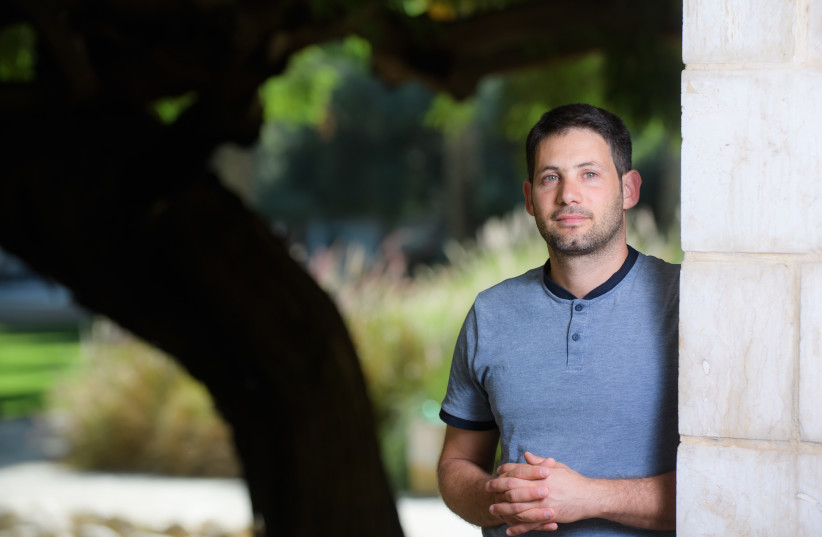A research team at Ben-Gurion University of the Negev has developed a process that turns toxic phosphoric acid wastewater into clean water while recovering valuable acids.
What is phosphoric acid and why is it toxic?
Phosphoric acid is the main ingredient in industrial fertilizers, whose production is a massive industry worldwide. Their method was just published under the title “Circular Process for Phosphoric Acid Plant Wastewater Facilitated by Selective Electrodialysis” in ACS Sustainable Chemistry and Engineering, a prestigious scientific journal published by the American Chemical Society.
What did the researchers find?

Lior Monat, a doctoral student in Dr. Oded Nir’s lab, led the research under his supervision.
“Phosphoric acid production generates a large amount of industrial wastewater that cannot be treated efficiently because of its low pH and high precipitation potential,” explained Nir, the co-lead researcher. “Today, the wastewater is usually stored in evaporation ponds, but these are prone to breaches, leakage and flooding. Only a few years ago, an ecological disaster in Israel occurred when millions of cubic meters of this acidic wastewater were flushed down a creek.”
"Only a few years ago, an ecological disaster in Israel occurred when millions of cubic meters of this acidic wastewater were flushed down a creek"
Dr. Oded Nir
What has been done until now?
Conventional treatment processes run into difficulties dealing with the acidity, salinity and hardness of the wastewater, so the research team developed an alternative, three-step process for the treatment of phosphoric acid wastewater consisting of selective electrodialysis, reverse osmosis and neutralization.
They evaluated the method with synthetic wastewater in the lab, with positive results. The process successfully recovered clean water and phosphate while reducing the volume of wastewater by 90%.
It also did not generate any appreciable mineral scaling, which could clog the membranes. The power requirement for the process was also apparently low enough to make the method sustainable and economically viable.
“This process is very promising, and we encourage industry players to examine its potential and applicability at their factories,” said Dr. Roy Bernstein, co-lead researcher.
"This process is very promising, and we encourage industry players to examine its potential and applicability at their factories."
Dr. Roy Bernstein
Nir, Bernstein, Monat and their colleagues Wei Zhang, Alice Jarošíková and Hao Haung are all members of the Zuckerberg Institute for Water Research, part of the Jacob Blaustein Institutes for Desert Research on Ben-Gurion University’s Sde Boker campus.
